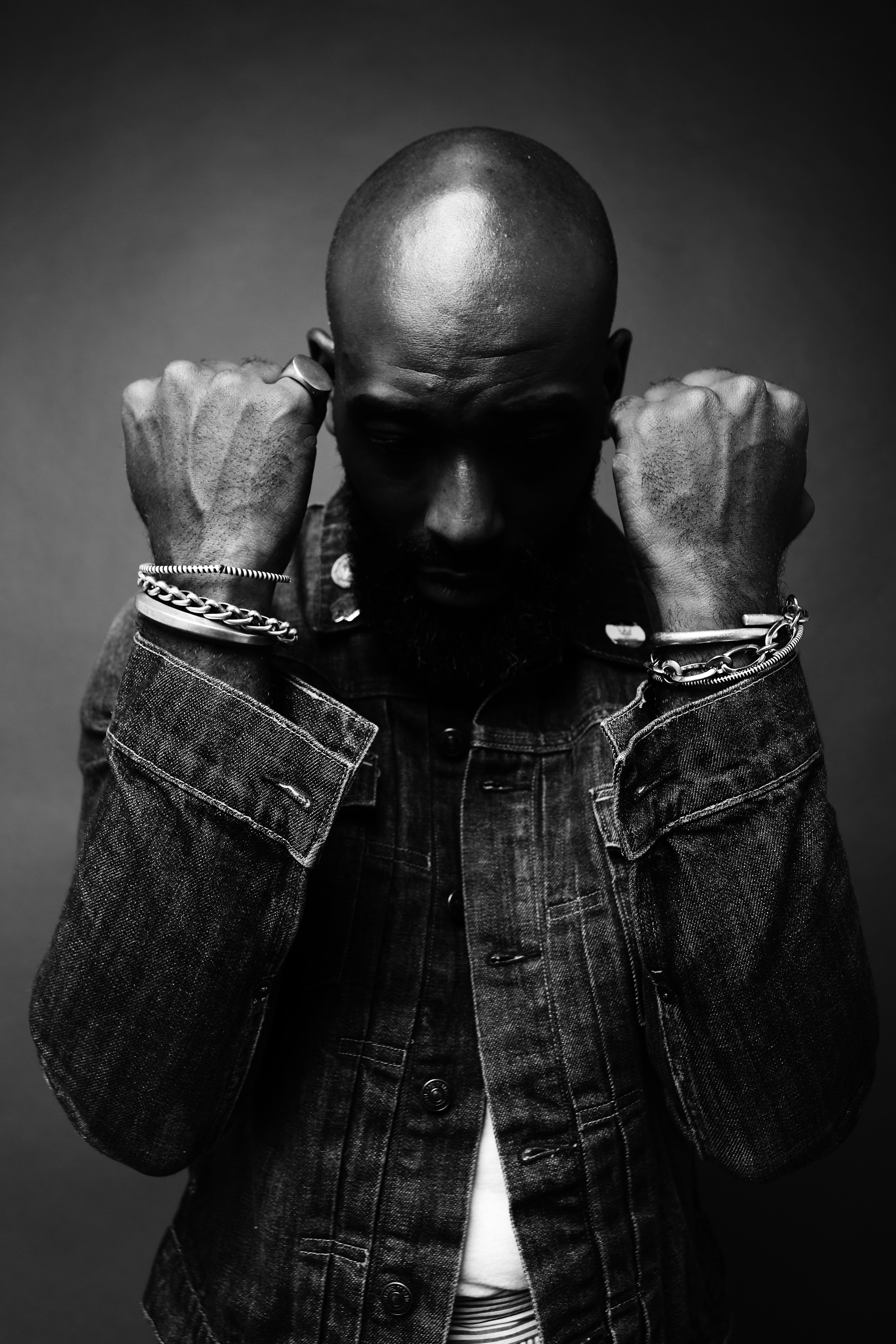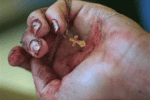Melbourne, Australia (Reuter)--Former archbishop of Canterbury Dr. Michael Ramsey proposed today that the Pope should be the leader of any united church of Anglicans and Roman Catholics.That this move toward Anglican-Roman Catholic union had been going on for some time is indicated by the following Canadian Press report, which appeared in The Edmonton Journal on September 5, 1967:
Dr. Ramsey said during the last 20 years there has been great growth in the relations between the two churches.
"My idea of the goal is the Anglican communion not absorbed into the Roman Catholic church but in communion with it," Dr. Ramsey said in an interview with The Age newspaper.
"In this union the Pope would be accepted not as infallible but as president bishop," he said.
Dr. Ramsey, 73, who retired three years ago as archbishop of Canterbury and leader of the Anglican church, is in Melbourne to attend the centenary of Trinity College Theological Hall at Melbourne University.
When he was archbishop of Canterbury, Dr. Ramsey met Pope Paul in Rome in 1966 and their discussions led to the formation of the Anglican-Roman Catholic International Commission, which has worked on the theological basis for reunion of the two churches.
Dr. Ramsey said the commission had done remarkable work. "They have gone behind the familiar controversies and they indicate a real hope for unity," he said.
But there is now developing an inevitable resistance from both churches and the ecumenical movement might be headed for a "go-slow," he said.
Dr. Ramsey said it is shameful that there still are divisions among Christians. "It is wrong that Christendom should be divided into bodies which are sometimes competing and estranged," he said.
Dr. Ramsey's suggestion that the Pope should lead a unified church was rejected by spokesmen for both the Anglican and Roman Catholic churches in Australia.
The Anglican church's spokesman here, Rev. Allan Nicholls, said Australian Anglicans still are very conscious of the 16th century Reformation which led to the formation of the Anglican church.
"This proposal by Dr. Ramsey is completely unacceptable to us and I don't believe it would be acceptable to the Roman Catholic church either," he said.
The Roman Catholic church spokesman, Bishop Clancy, agreed, saying the Pope's infallibility is not properly understood by Anglicans.
"Infallibility of the Pope isn't something we trade," Bishop Clancy said.
London (CP) - A modest degree of progress was reported Monday by a commission of Anglican and Roman Catholic theologians working toward unity between the two churches.Dr. Ramsey's words and actions illustrate the willingness of "Christian" leaders to ignore and/or repudiate the teachings of their own churches and the vows that they took when they assumed their offices. The distinctive teachings of the Church of England can be found in the Thirty-nine Articles of Religion, which were finalized in 1571 and included in the Book of Common Prayer. Several of the articles express rejection of the doctrines and practices of the Roman Catholic Church:
After a week of private talks at a secluded country manor, the 24-member international committee--which included two Canadians--found three fields for immediate action.
But it also found its discussions pointed up several "crucial" areas of disagreement.
The positive recommendations of the commission, after its second meeting since being set up last year by the Vatican and the Archbishop of Canterbury:
. Possible joint use of churches and other buildings by the two faiths.
. The "urgent need" to work for common texts in those prayers and formulas --such as the Lord's Prayer and the Apostles' Creed--which are common to both churches.
. Greater collaboration in education for the ministry.
The "crucial" points of differences listed in an announcement issued at Westminster Abbey included the divergent attitudes of the two churches toward individual interpretation of the scriptures, the Roman Catholic doctrine of papal primacy and infallibility, different dogmatic views on the Virgin Mary and the Roman Catholic's lack of recognition of the Anglican priesthood.
On the question of papal primacy, Dr. John Moorman, Anglican bishop of Ripon and co-chairman of the commission, said the sessions had not greatly changed the traditional attitudes of both sides.
"But on this and on other subjects generally the attitude was one of frank and open discussion and not that of two teams glaring at each other," he told a news conference.
He also said he did not think much progress had been made in discussing the dogmas concerning Mary. Further guidance would be needed on this and other "crucial" matters.
The Roman Catholic co-chairman--Bishop Charles Helmsing of Kansas City-St. Joseph, Missouri--said he did not look for immediate general action toward the exchange of pulpits among clergymen of the two churches. Because of past tensions, may regions would find this "shocking."
It would have to be left to local authorities for a long time.
Canadians on the commission are Rev. John Keating, secretary of the English section of the Canadian Catholic Bishops' Commission on Ecumenism, and Rev. Eugene R. Fairweather of Trinity College, Toronto, an Anglican.
Next meeting of the commission will be held in December. It is expected to be in Italy.
From Article XIX. Of the Church.:
As the Church of Jerusalem, Alexandria, and Antioch, have erred; so also the Church of Rome hath erred, not only in their living and manner of Ceremonies, but also in matters of Faith.
XXI. Of the Authority of General Councils.
General Councils may not be gathered together without the commandment and will of Princes. And when they be gathered together, (forasmuch as they be an assembly of men, whereof all be not governed with the Spirit and Word of God,) they may err, and sometimes have erred, even in things pertaining unto God. Wherefore things ordained by them as necessary to salvation have neither strength nor authority, unless it may be declared that they be taken out of holy Scripture.
XXII. Of Purgatory.
The Romish Doctrine concerning Purgatory, Pardons, Worshipping and Adoration, as well of Images as of Reliques, and also invocation of Saints, is a fond thing vainly invented, and grounded upon no warranty of Scripture, but rather repugnant to the Word of God.
XXXI. Of the one Oblation of Christ finished upon the Cross.
The Offering of Christ once made is that perfect redemption, propitiation, and satisfaction, for all the sins of the whole world, both original and actual; and there is none other satisfaction for sin, but that alone. Wherefore the sacrifices of Masses, in the which it was commonly said, that the Priest did offer Christ for the quick and the dead, to have remission of pain or guilt, were blasphemous fables, and dangerous deceits.
From Article XXXVII. Of the Civil Magistrates.:
The Bishop of Rome hath no jurisdiction in this Realm of England.

.JPG)





































No comments:
Post a Comment